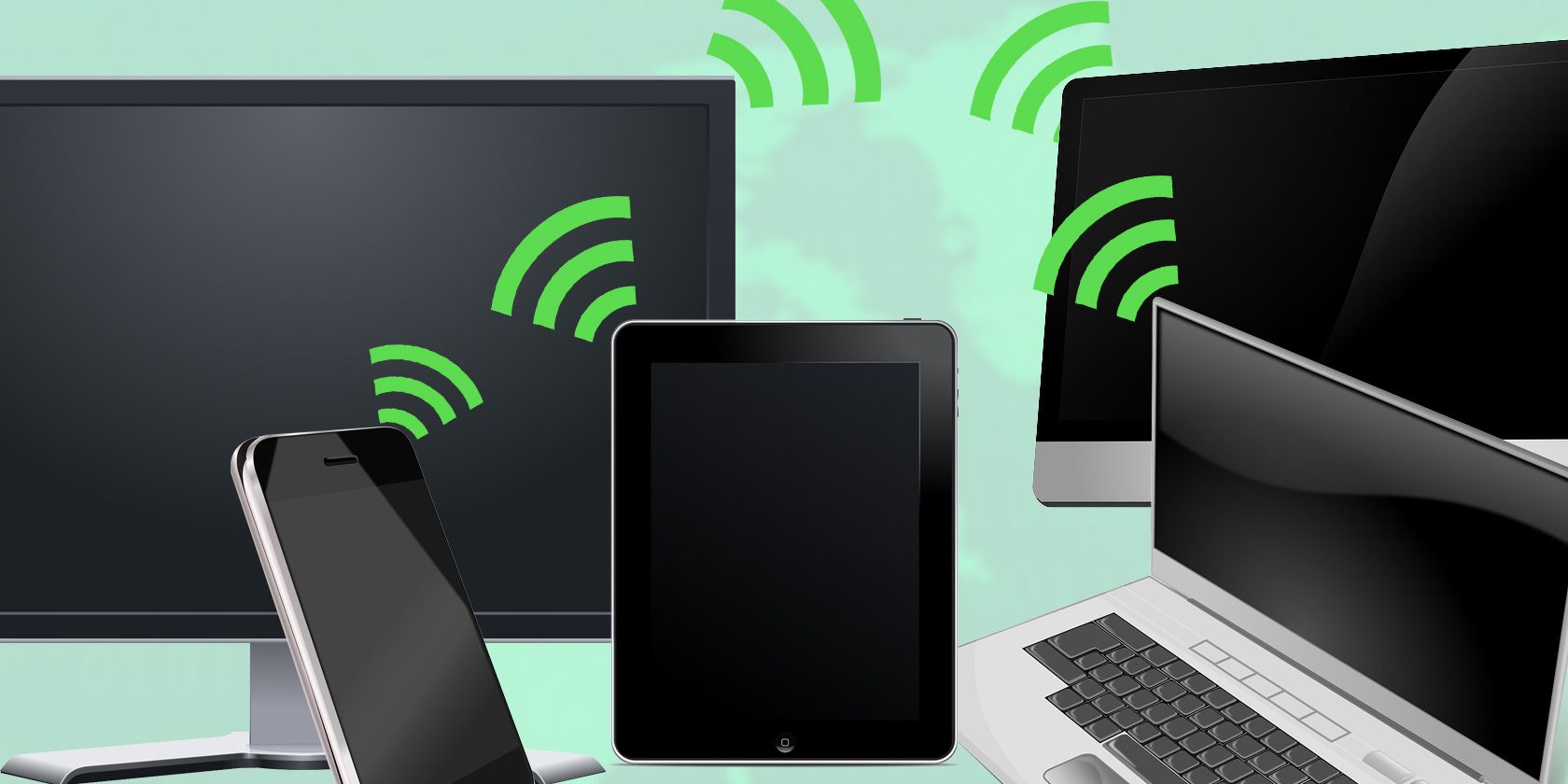Can you imagine what life would be like without Wi-Fi? Everything is wireless these days, and we've evolved so far beyond the point of being hardwired that cables almost feel primitive. Wi-Fi was truly a revolutionary step forward, and it just got even better.
This new development has been dubbed Wi-Fi Aware and is set to change the way we live. It'll be a while before we really start seeing the benefits play out, but the future is close enough that we should be preparing ourselves for what's to come.
What is Wi-Fi Aware and how does it affect you? Let's find out.
Wi-Fi Aware: For Your Convenience
Wi-Fi Aware, sometimes shortened to just Aware, is the culmination of a lot of research and development by some of the biggest companies around the world. We're talking Microsoft, Apple, Samsung, Cisco, and all the other participating members of the Wi-Fi Alliance.
The basic idea behind Wi-Fi Aware is that devices and applications will automatically be able to discover and communicate with each other based on proximity alone -- and because these connections are performed internally over Wi-Fi, no cellular data or Internet bandwidth will be wasted.
Here's how it works: Wi-Fi Aware devices can act as publishers, subscribers, or both. Publisher devices persistently broadcast a signal that indicates permission to connect. Subscriber devices persistently search for publishers, and when found, will initiate a connection request.
Users will be able to toggle Wi-Fi Aware functionality on the fly.
It's a refined example of the Internet of Things, an idea that describes a network of interconnected devices where all the devices are constantly sending information back and forth without any human involvement.
Comparisons have been made between Wi-Fi Aware and Apple's iBeacon, which was a different proximity-based network that used low energy Bluetooth instead of Wi-Fi. iBeacon never really fulfilled the hype surrounding it, but Wi-Fi Aware seems like it might have more success.
The Pros and Cons of Wi-Fi Aware
Because Wi-Fi Aware is so new, it's hard to say with certainty just how exactly it's going play out, but we can take cues from other similar experiments -- both successes and failures -- to speculate on the pros and cons of Wi-Fi Aware.
The first thought that pops up, at least in my mind, is the growing popularity of smart home automation. Smart home products rely on device interconnectivity to accomplish a lot of what they do, and smart homes are quite convenient. How much better could they be with a standardized protocol like Wi-Fi Aware?
Another commonly-cited use case is when you're at a shopping mall. Imagine walking along and being notified of nearby sales at your favorite stores. Or if it's really crowded (such as when shopping during Black Friday), Wi-Fi Aware could help pinpoint the location of lost friends and family.
Speaking of crowds, let's say you're traveling through the bustling streets of New York City. Wouldn't it be great if your phone alerted you to say that an old friend is sitting on a bench just a few meters behind you? With Wi-Fi Aware, the possibilities are limitless.
But it's not perfect.
One huge concern is battery life. Despite the fact that the Wi-Fi Alliance's President has already claimed that Wi-Fi Aware is power efficient -- even more efficient than traditional Wi-Fi -- it's undeniable that any Wi-Fi Aware device will use more energy than a device without Wi-Fi Aware.
Again, it's too early to know for sure, but unless the battery consumption of Wi-Fi Aware is next to negligible, it's going to be problematic. Users are already scrambling for ways to improve laptop battery life and prolong smartphone battery life. This may end up being yet another battery drain.
Security is another big concern. Although the Internet of Things is great in theory, which makes Wi-Fi Aware great in theory by extension, we've already seen that it's vulnerable to security exploits and attacks. With so much interconnectivity, it'd be naïve to think that there won't be any loopholes to exploit.
And then we have security's little brother, privacy. Sure, Wi-Fi Aware can supposedly be toggled on and off by the user, but how long will it be before Wi-Fi Aware -- like Wi-Fi -- is so engrained in culture that you can't turn it off? How much information will you end up giving away? And how will that information be used against you?
What's the Bottom Line?
Look closely and you'll see a trend over the past decade in modern technology: a trade-off between security and privacy for convenience and novelty. Wi-Fi Aware is just another data point in that pattern and fits in perfectly.
There's no doubt that Wi-Fi Aware is going to result in some really cool applications and products, and you'll probably be able to start experiencing these new developments sooner rather than later.
But if you care at all about security or privacy, do not be an early adopter. Wait. Be patient for a few years. See if any big exploits hit the scene. Worst case scenario, Wi-Fi Aware ends up being a passing fad and you miss out on nothing important. Best case, you save yourself a lot of headache.
How do you feel about Wi-Fi Aware? Excited? Jaded? Apathetic? Will it be a fad or a revolution? Share your thoughts with us in the comments below!
Image Credits: Wi-Fi Devices by Oleksiy Mark via Shutterstock, Mobile Security by wk1003mike via Shutterstock



